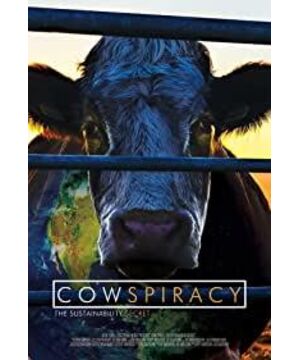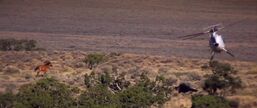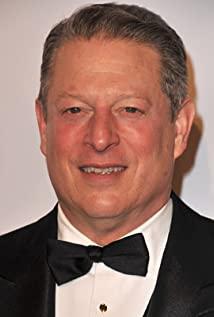even though his physique was thinner, he only learned that he had become a vegetarian when we ate together,
and then he mentioned it. This documentary about changing his eating habits will it change me too?
What we hear most about environmental damage or protection is exhaust emissions, the over-exploitation of oil and coal resources, the slaughter of rare animals, etc.
Tell us to save water, use more public transportation, etc.
I have absolutely no idea about our daily diet Habits are so destructive to the world that
it's funny to think of a picture of a horde of environmentalists munching on steak and discussing green things and saying it's delicious, one more.
The water consumption of animal husbandry destroys the land and pollutes the ocean, and the harmful gas emissions are so large. How did we develop
our "meat-free" eating habits?
Why do we feel very normal when we see the picture of killing chickens and ducks?
Are cows, sheep, chickens, pigs and other animals born to be eaten by us?
How many vegetarians are there today? How much can we change the earth?
What would the earth be like if all human beings were vegetarians?
Why does everyone close this issue and leave it alone? Because of the interests of money?
So is the tobacco industry the same?
View more about Cowspiracy: The Sustainability Secret reviews











